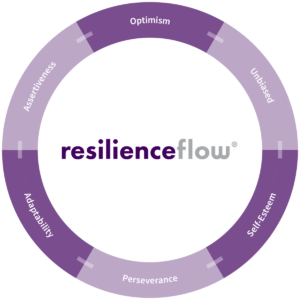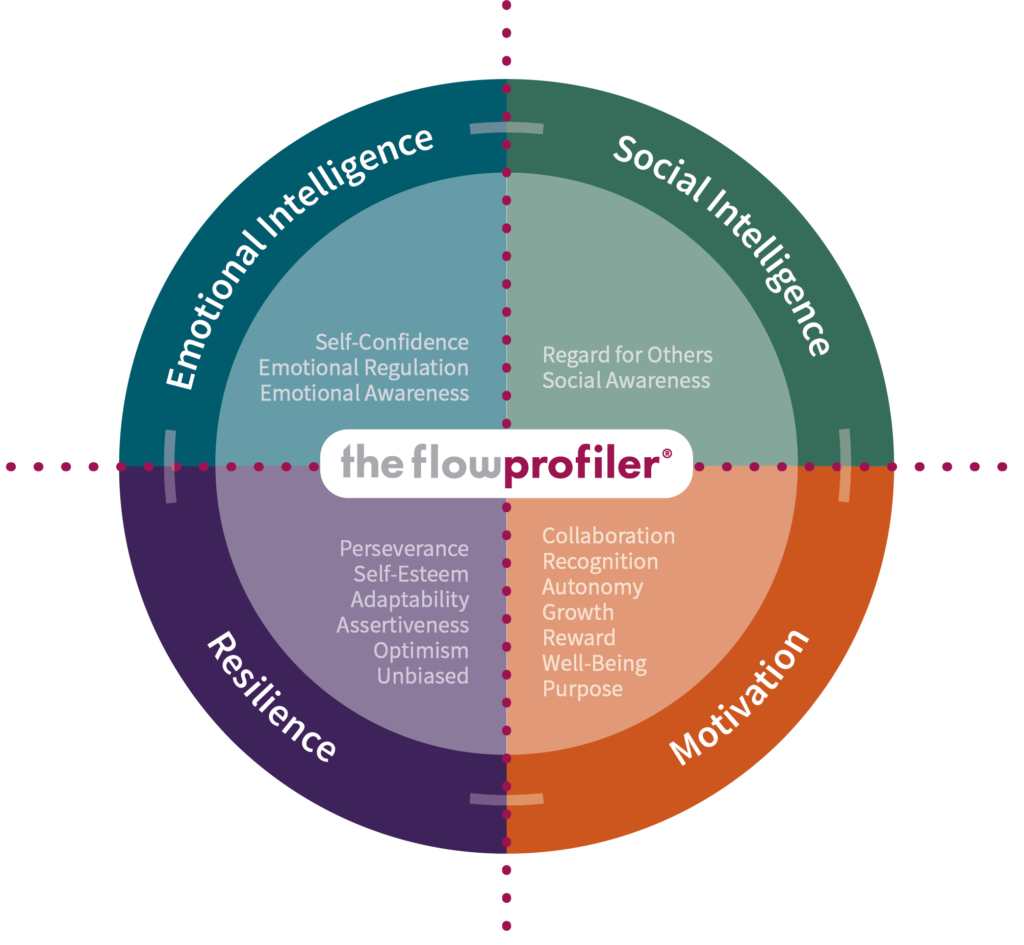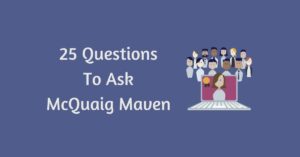Our position in this COVID curve is still uncertain. While the UK government talks of normality by the end of the year, there is likely to be further significant change. How we deal with that will determine success.

All change is a form of loss, and our emotional and physical responses to what we have lost is a form of grief.
Gemma Bullivant
We’ve processed the immediate shock of lockdown and generally come to terms with remote working, home schooling and social distancing. Yet at the beginning, there was a sense that this was temporary, we would return to normal over the summer months. Short term change is do-able, but it’s now clear that there’s nothing short-term about what we are going through. This change is permanent. Our high streets, shopping malls and commercial property sector have been rudely thrust into a new era. It’s a case of ‘all change here’ for the 21st Century.
This change constitutes a massive loss of lifestyle as we know it. And we are right to grieve for that loss. That’s not to say we have to throw ourselves into a pit of despair, but it is important to understand the change and learn how to live with it – indeed, how to make the best of it. All organisations with a wish to survive are in the process of identifying how they can repurpose what they do to make it through and beyond the next 18-24 months of instability. Their people will need resilience to successfully carry out these changes.
Post-traumatic resilience at work
What is needed is post-traumatic resilience, a concept in clinical psychology. The ‘whatever doesn’t kill us makes us stronger’ or ‘out of the hottest fire comes the strongest steel’ mentality in layman’s terms. Common sense, you might think. But not so easy to put into practice across an organisation that is still fire-fighting.
Post-traumatic resilience is the idea that through the lessons and experiences we have throughout life people will often prove to be more resilient on the other side compared to before the event. These experiences can be day-to-day life lessons. They can also be something more traumatic or life changing.
Beck Chalmers
A degree of resilience is necessary in everyday life, just to get on and deal with boring or uncomfortable situations. What we now need is an enhanced layer or resilience that will see us through and beyond the current trauma.
We know that resilience is not binary – it’s not a case of we either have it or not. We can develop it and improve elements of our character that make up our resilience:
- Perseverance
- Self-esteem
- Adaptability
- Assertiveness
- Optimism
- Unbias
With resilience people are able to bounce back and thrive during periods of uncertainty. Their sense of internal worth helps them to have a positive impact on others. They can be calm and rational to separate emotions when making decisions. If this is important in a regular business climate, being at the top of your game in terms of resilience will determine whether your business gets through the next 18-24 months.
resilienceflow® from flowprofiler®
resilienceflow® helps your people to understand their resilience, what they can do to improve it and measure how successful they are in doing so.
Recruiters can use resilienceflow® to get a clear picture of the behviours a role requires and then assess for those behaviours as part of a competency and behavioural based recruitment strategy.
Develop emotional intelligence, resilience, motivation and with flowprofiler® to help your people manage pressure.
With a keen focus on positive psychology, flowprofiler® uniquely measures resilience, motivation and emotional intelligence across two states: day-to-day and under pressure.
The result is rich diagnostic information, easy to understand feedback and meaningful professional development.
Use flowprofiler® to support your people
What employers do now, and how they add value for and invest in their people, will define working relationships well beyond the COVID crisis. It will differentiate organisations as an employer of choice with professional development opportunities and support that benefits all aspects of your employee’s personal and professional life. Contact us to learn more about resilienceflow® from flowprofiler® and how it will build resilience in your leaders, teams and individuals.







